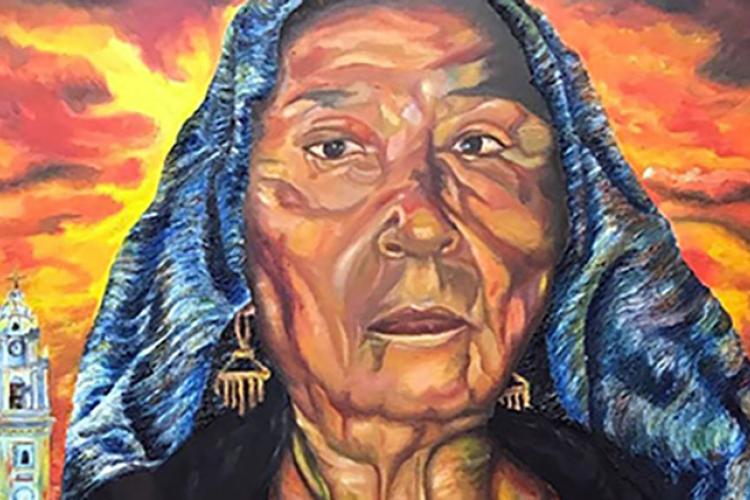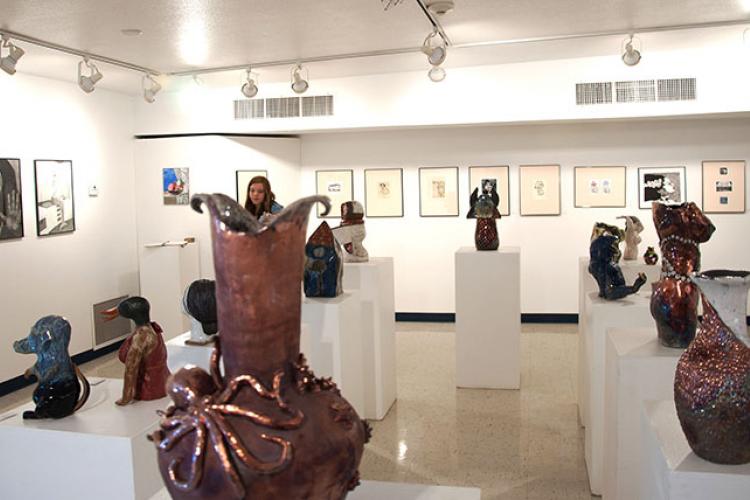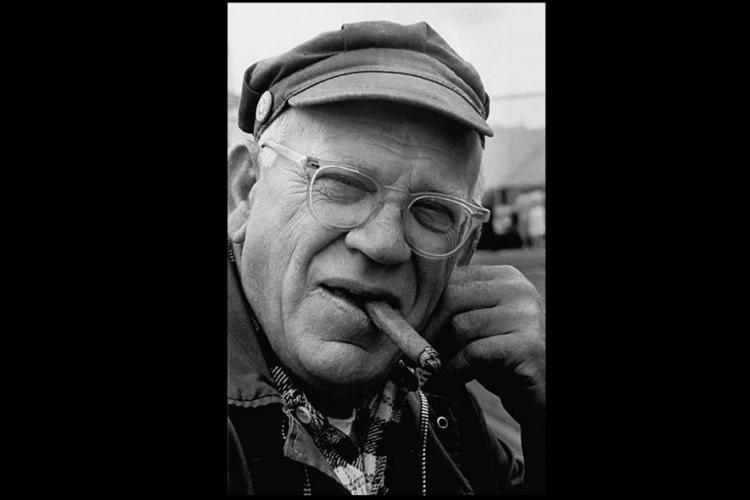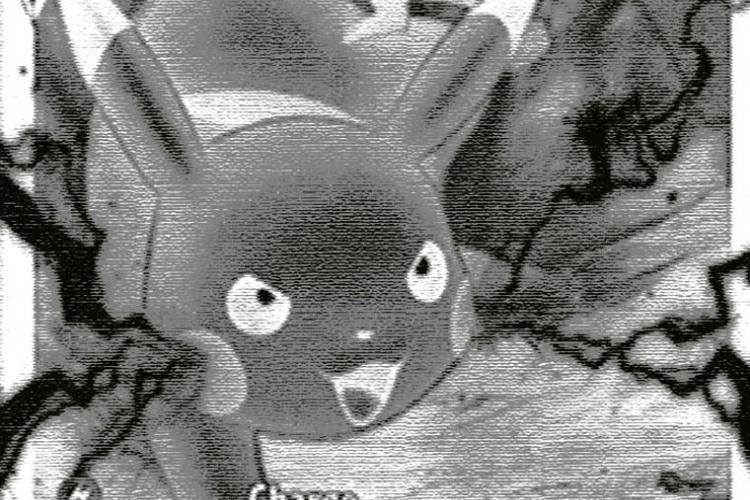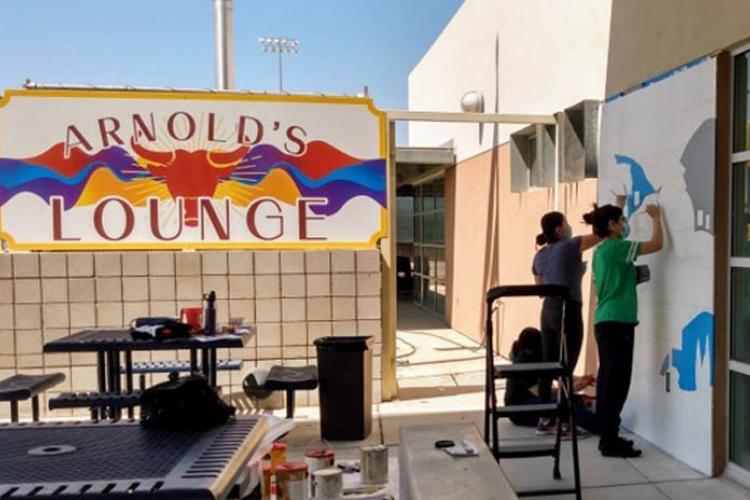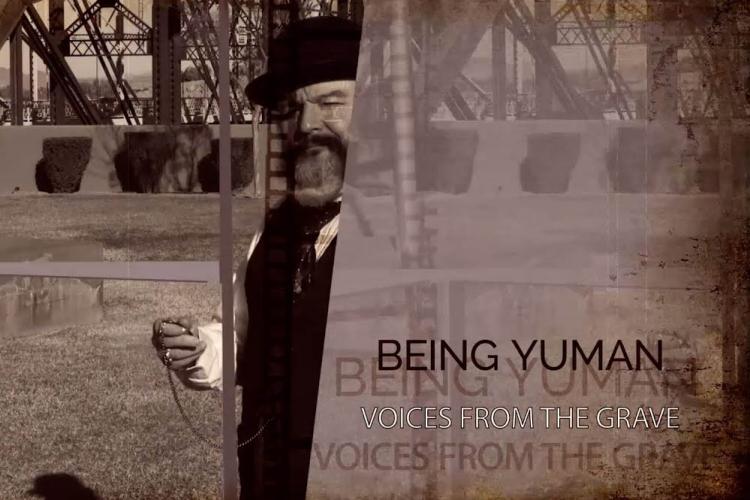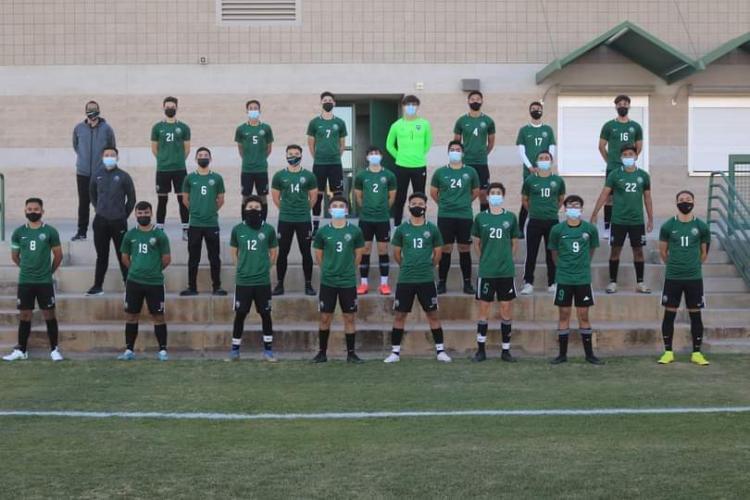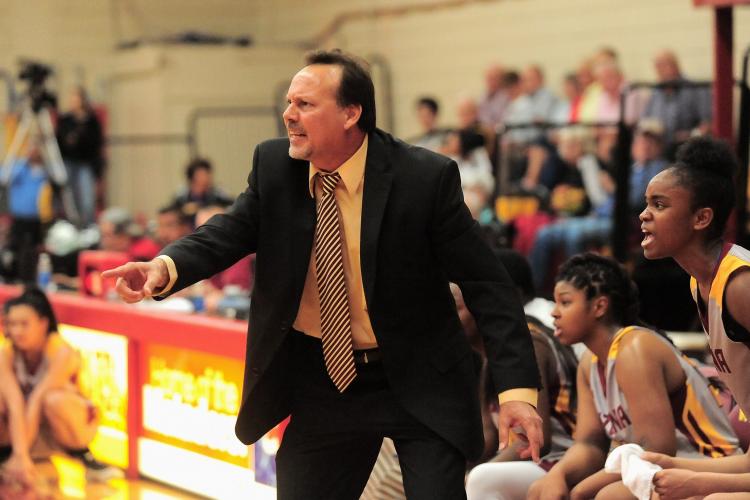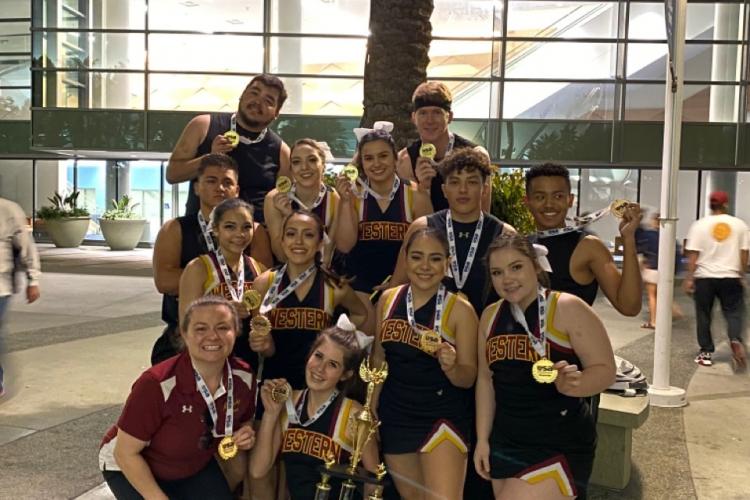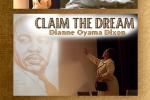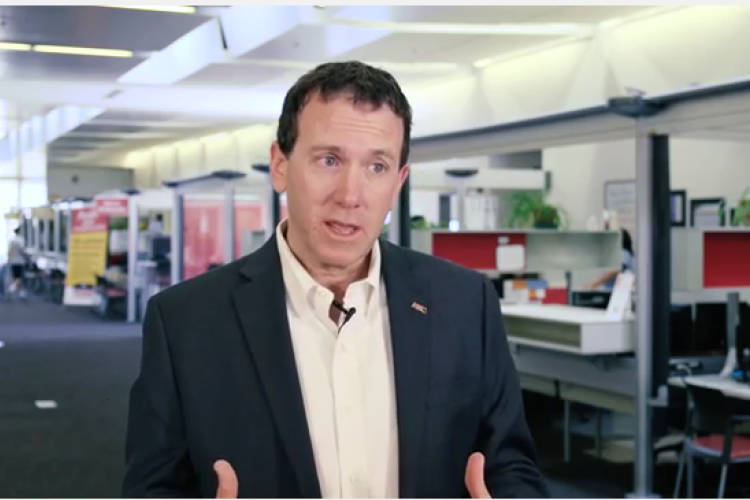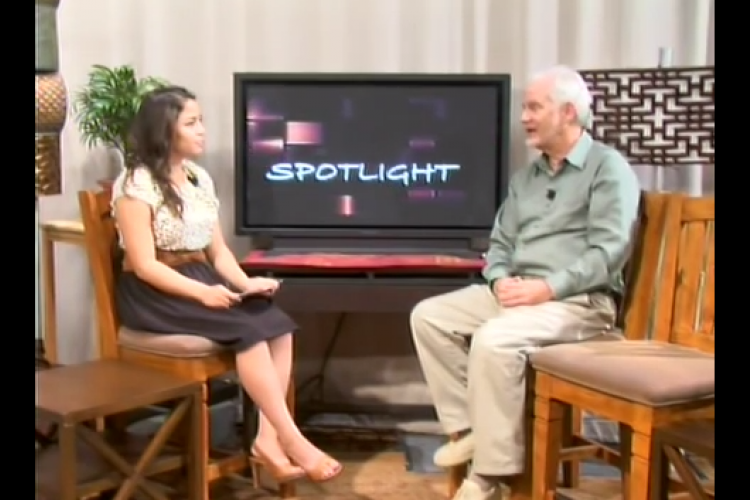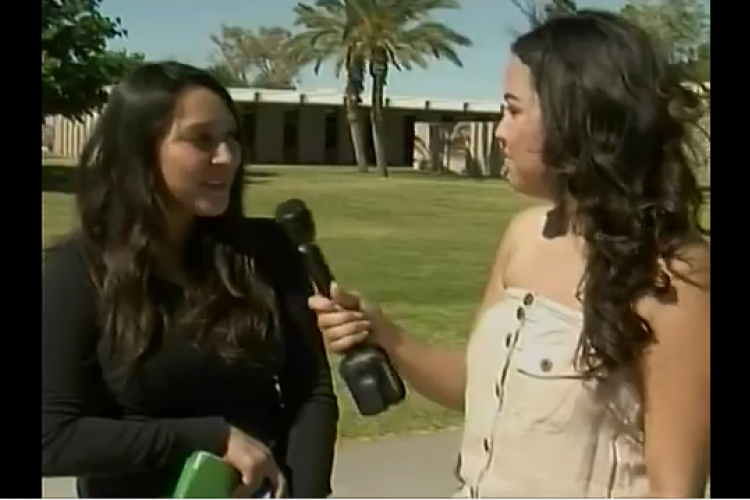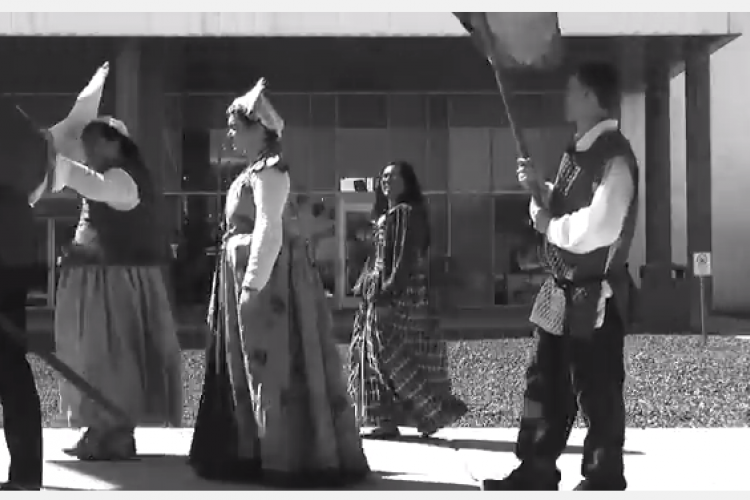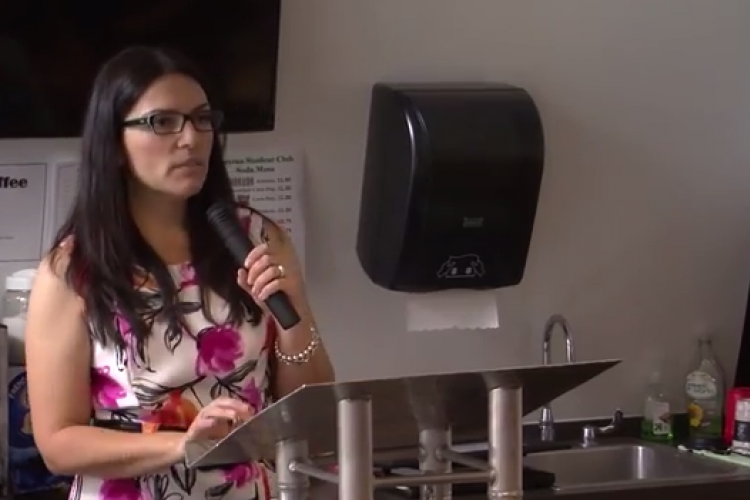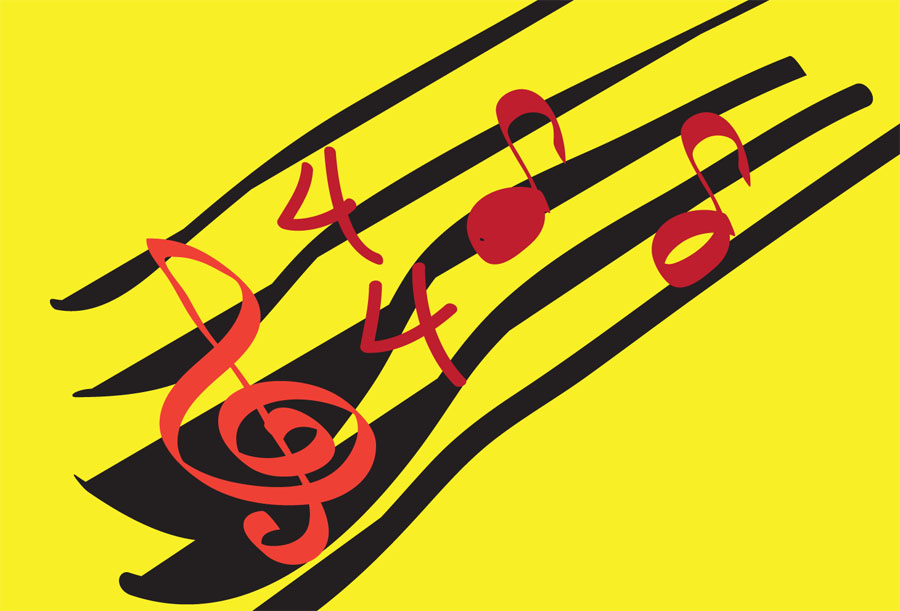
There is one thing I definitely miss from high school now that I'm a college student -- free textbooks!
Seriously, I wish college was the same, where we didn't have to worry about what classes to take because the text book was just given to us. I mean the prices of textbooks at the college bookstore are higher than my healthcare.
I buy my books with financial aid, and I'm still complaining. Now I wouldn't like to be in the shoes of those college students who don't qualify for financial aid and have to buy their textbooks out of their own pocket. Half the time these are textbooks we end up not using throughout the semester because our professors decide to change their syllabus sometime along the way.
So professors out there: If you are reading this, stop! Unused textbooks are thrown-away money we could have used on so many other necessary things. Besides, no one does the assigned reading, and we still get away with a good grade for the class, right?
Case in point
Last semester I bought a textbook package for one of my classes. But ask me how many times I opened the textbook. Zero, Nada! I paid $242.15 for this bundle at the bookstore, and not once did I open the textbook. The software comes with an eBook. I found myself in the position of having to buy the whole package because I was going to need the software that came with it to do my assignments. I found the textbook itself for rent on Amazon for $17!
I was so excited, I was telling myself how I would just rent the book and buy the software from the bookstore. Yet my excitement didn't last as long when the college bookstore told me I could not buy the software by itself. Well there went all that extra money for nothing.
But here is the best part of my story with this textbook. What motivated me to buy it was the idea that I could get at least some part of the money back at the end of the semester when I sold my book back to the bookstore.
Well, companies out there for sure do like killing trees. "We're actually not buying this book because there is a new edition out," said the bookstore lady. Like, are you serious? We all know that nothing inside the textbook changes; the context stays the same. Book companies just like having fun with us by changing the picture on the cover and the color of the textbook.
I'm just waiting for the day when someone can tell us why college books are so expensive! Tuition is already so high, books should be part of it. I don't think I've bought myself a Christmas gift that cost as much as some textbooks I have bought. If we sum up how much we spent on textbooks after four years in college, easily we could have bought ourselves a nice used car.
Book-buying tips
So here are some tips for those incoming freshmen, or any other college student who for some crazy reason use the college bookstore:
- Compare prices. Take a look at other places where books are sold and compare them to your college bookstore to see which is more convenient.
- Rent your books. Whether it's from the same college bookstore or online, you will find yourself saving lots of money.
- Buy used, either online or at the college bookstore, if they have the option. Not only do you save money, but if you're lucky enough you can find useful notes written in them.
- Borrow. Network with your close friends and see if they happen to have the book.
- Check your public library or college library. Many times they have the textbooks for you to use there.
- Browse online. You'll be surprised how many textbooks you can find converted into special files for you to use.
- Check to see if someone from your college has created a Facebook group where students from your school communicate to sell each other used books.
- Talk with your professors. Ask them if you can use an old edition or if you will even be needing the book.
With all that said, try to stay away from college bookstores as much as possible and take advantage of things that can be free. Forgive my cynicism, but it seems that the education system wants to see us in debt from an early age.
Graphic by Pam Black

